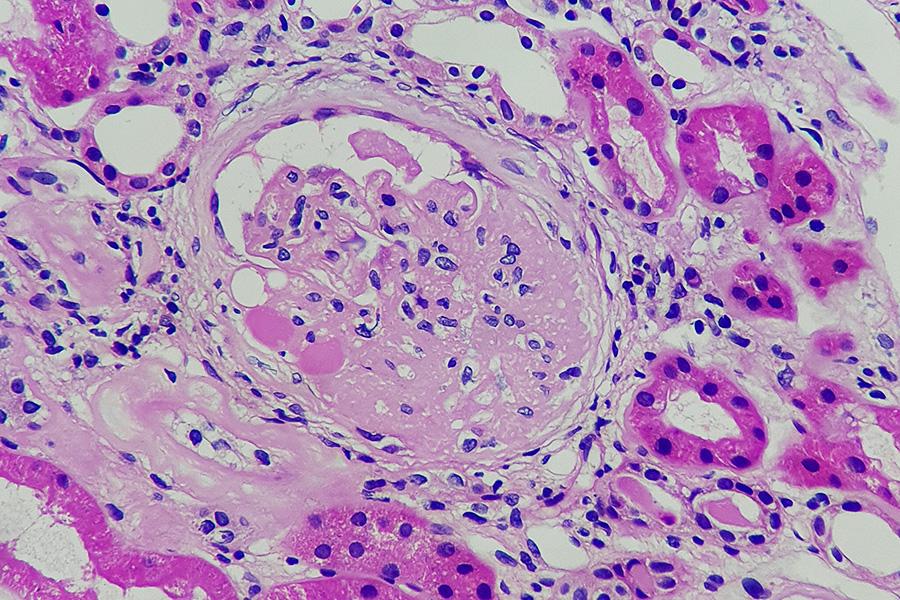Introduction
Kidney disease can affect daily life and overall health. Two serious conditions—Focal Segmental Glomerulosclerosis (FSGS) and Apol1 Kidney Disease—cause kidney damage and may lead to failure. Early diagnosis and proper care help slow progression.
At Neph Cure Inc., we focus on providing information about Focal Segmental Glomerulosclerosis Treatment and recognizing Apol1 Kidney Disease Symptoms. This blog explains both conditions and available treatment options.
What Is FSGS?
FSGS causes scarring in the kidney’s filtering system. These filters, called glomeruli, remove waste and excess fluid from the blood. When they become damaged, kidney function decreases.
Symptoms may include:
-
Protein in the urine (foamy urine)
-
Swelling in the legs, feet, or face
-
High blood pressure
-
Fatigue
Early Focal Segmental Glomerulosclerosis Treatment is necessary to slow progression.
What Is Apol1 Kidney Disease?
Apol1 Kidney Disease is linked to genetic variants found in people of African ancestry. Some individuals have Apol1 kidney disease symptoms without showing early signs of damage.
Symptoms to watch for:
-
Increased protein in the urine
-
Swelling in the body
-
High blood pressure
-
Decreased kidney function
Not everyone with Apol1 gene variants develops kidney disease, but those who do may experience faster progression.
Focal Segmental Glomerulosclerosis Treatment Options
There is no single cure for FSGS Treatment, but managing symptoms helps protect kidney health.
1. Medication
Doctors prescribe medicines to reduce inflammation, control blood pressure, and slow damage. These may include:
-
Steroids to reduce immune response
-
Blood pressure medications to protect the kidneys
-
Diuretics to lower swelling
-
Immunosuppressants to slow progression
2. Diet and Lifestyle Changes
Certain foods and habits help manage symptoms:
-
Low-sodium diet to prevent fluid buildup
-
Balanced protein intake to avoid excess strain on the kidneys
-
Exercise to maintain overall health
3. Dialysis and Transplants
If kidney function declines, dialysis or a kidney transplant may be needed.
Managing Apol1 Kidney Disease Symptoms
Since Apol1 kidney disease symptoms can progress quickly, monitoring kidney health is key.
-
Regular check-ups help track kidney function
-
Controlling blood pressure reduces stress on the kidneys
-
Staying hydrated supports kidney health
Research is ongoing to find targeted treatments for Apol1-related kidney disease.
How Neph Cure Inc. Helps
At Neph Cure Inc., we provide resources for Focal Segmental Glomerulosclerosis Treatment and Apol1 Kidney Disease Symptoms.
1. Education – Learn about disease management and new research. 2. Support – Connect with patient groups and health experts. 3. Advocacy – We work toward better treatments and awareness.
Conclusion
Early action improves kidney health. Understanding Apol1 Kidney Disease Symptoms and options for Focal Segmental Glomerulosclerosis Treatment helps patients make informed choices.
At Neph Cure Inc., we support individuals with kidney disease. If you need guidance, we should meet tomorrow to discuss resources. Contact Neph Cure Inc. today for more information.
